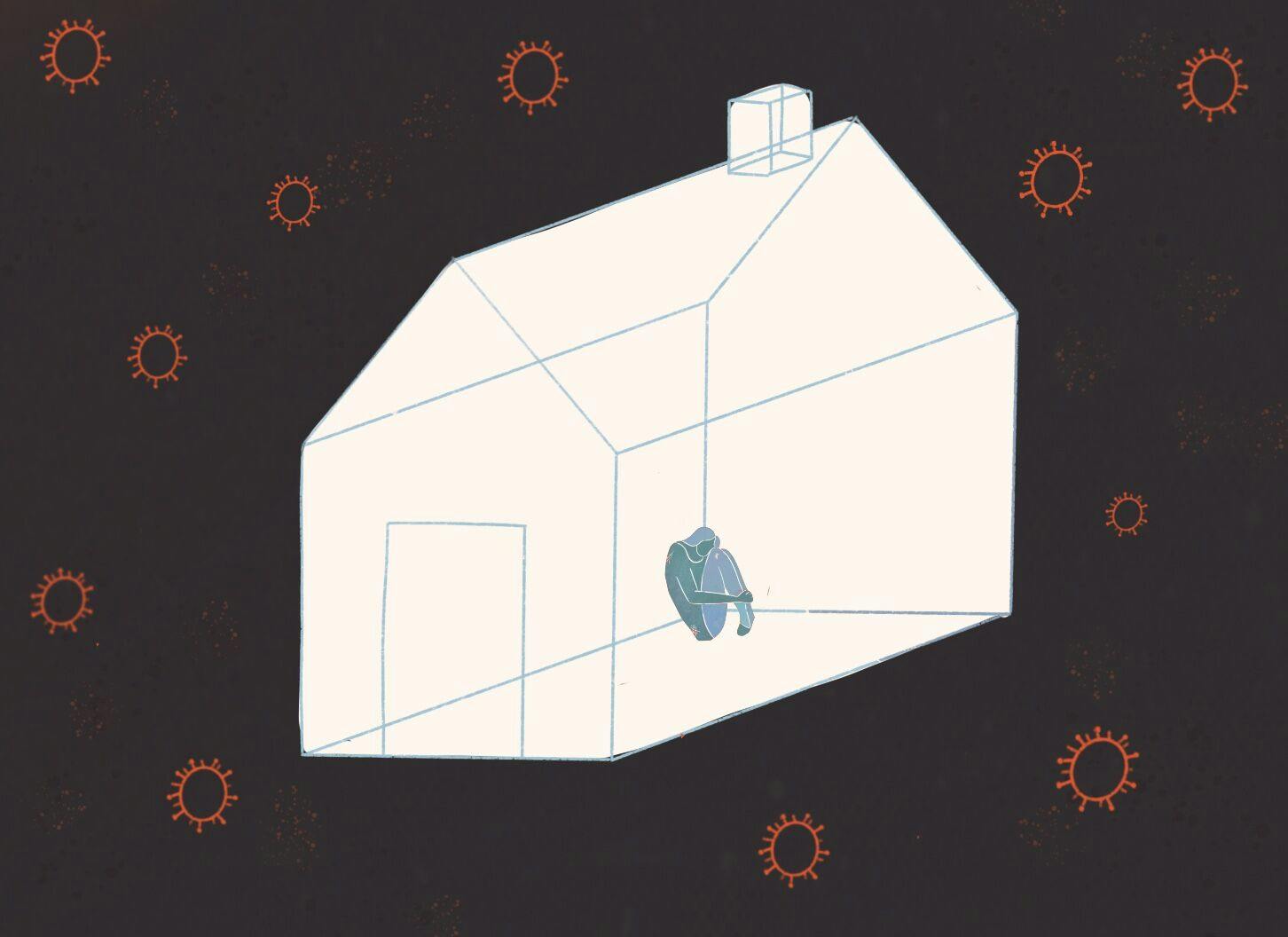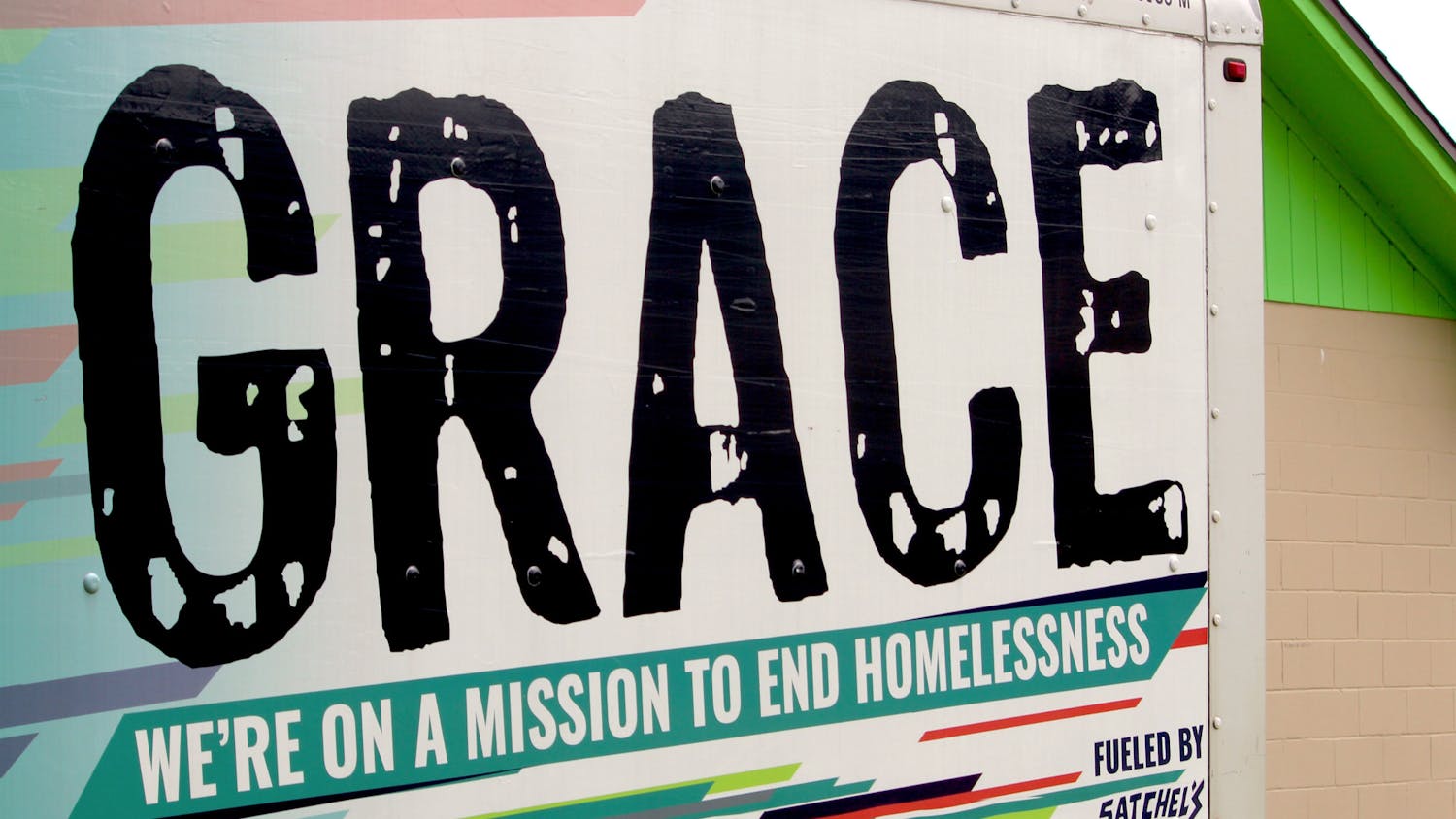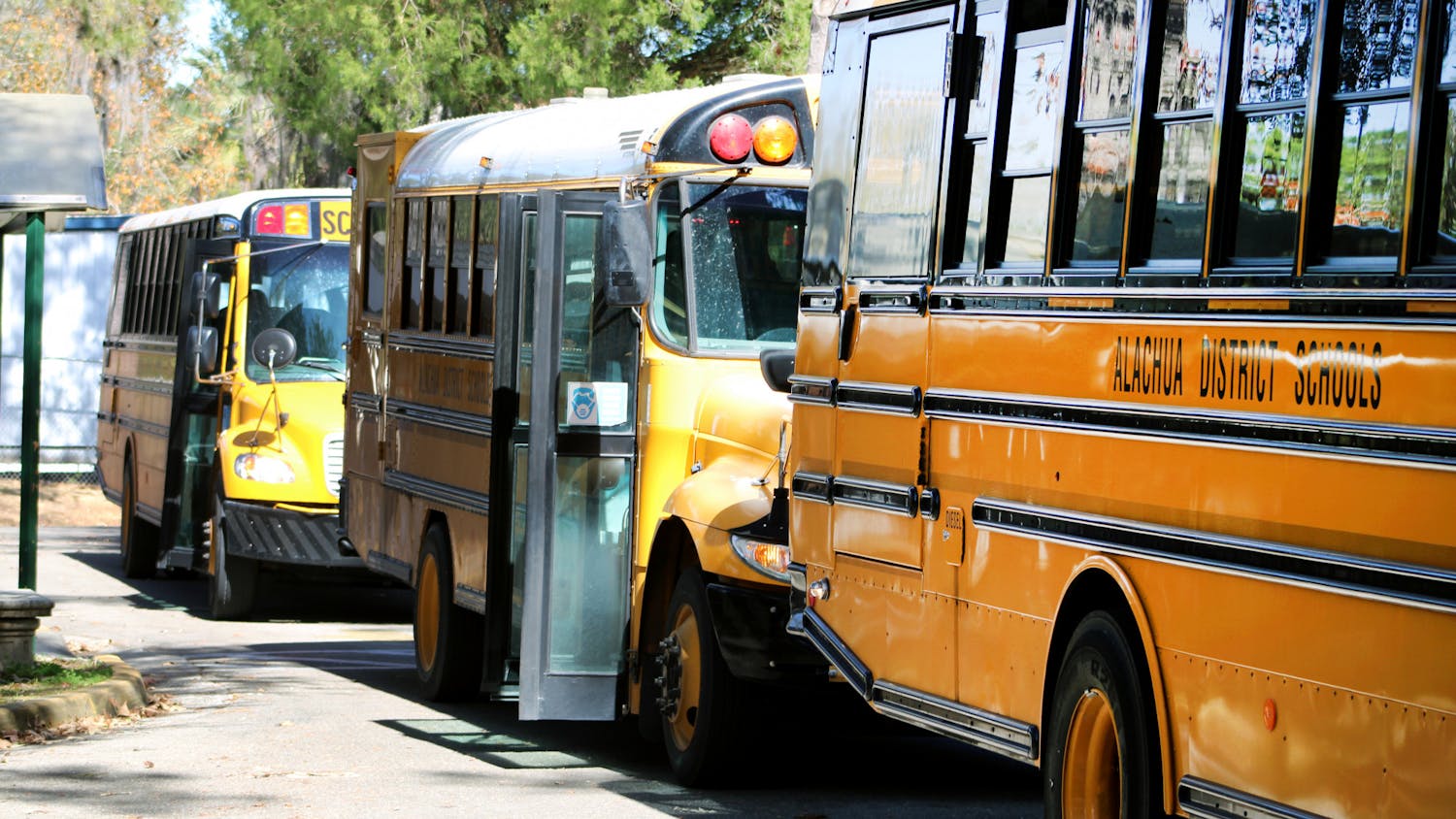
As COVID-19 cases surge across the county and state, homeless shelters and campgrounds have become a breeding ground for the virus.
“We knew that when COVID hits a homeless shelter, it hits it much harder than it would any other kind of operation because of how difficult it is to keep social distance,” said Grace Marketplace executive director Jon DeCarmine.
Grace is an emergency shelter and assistance hub that provides housing, job training and health care for people without homes, and promises few barriers of entry, according to DeCarmine. Grace has successfully housed 118 individuals amid the pandemic.
“Our goal is pure and simple: to end homelessness,” DeCarmine said. “For the community to be safest, everybody needs a safe place today.”
Grace has successfully housed 26 high-risk, homeless individuals in permanent supportive housing. Alachua County case managers have worked with Grace to find permanent supportive housing locations and sign leasing agreements for 10 of the high-risk individuals. Alachua case managers check on them daily to ensure they have the goods and services they need.
“It's permanent supportive housing, which means we will continue to work with them for as long as they need any kind of assistance,” said the Alachua County Director of Community Support Services Claudia Tuck.
In a previous interview with The Alligator, Decarmine stated that about 775 people in Gainesville are currently without housing. According to data collected in 2019, 677 people in Gainesville lived in a place not meant for habitation. As this number and the number of positive COVID-19 cases continue to rise, homeless individuals need to find adequate housing as soon as it’s available, Decarmine said.
“We still continue to work with dozens of people every day to get them into housing as quickly as possible.” DeCarmine said. “This has really driven home that notion that a community cannot be truly safe and healthy without housing for everyone who lives there.”
Grace provides permanent housing, permanent supportive housing and rapid rehousing.
In permanent housing, individuals live independently, whereas permanent supportive housing is a form of assisted living throughout one's lifetime. Rapid rehousing offers up to 24 months of rental assistance, according to the president and CEO of United Way in North Central Florida Mona Gil de Gibaja.
These housing options have provided beds for COVID-negative individuals to reenter Grace’s shelter. New, non-symptomatic residents receive a free COVID test and are isolated until results are received. If results come back negative, they’re returned to the main shelter.
The shelter is currently in phase two of its reopening plan until Aug. 3. The plan halts all in-person donations, restricts day services to residents, offers to-go meals to non-residents and enforces a maximum capacity of 75 percent within their shelters. These major changes, in accordance with CDC guidelines, reduce the rate of transmission amongst shelter residents.
“We had to take some substantial steps to cut down on the risk of transmission from person to person, considering there are hundreds of people there in a day,” Decarmine said.
Homelessness has decreased in Alachua County by 36 percent in the past 5 years, according to DeCarmine. To keep those numbers from increasing, shelters like Grace, continue to offer housing for the homeless.
“We move about a person a day into housing. So, you would think that after 775 days, then we would be done, but there are still new people who become homeless every day,” Decarmine said. “So, as long as we are moving more people into housing than are becoming homeless, we'll start to see reductions.”





